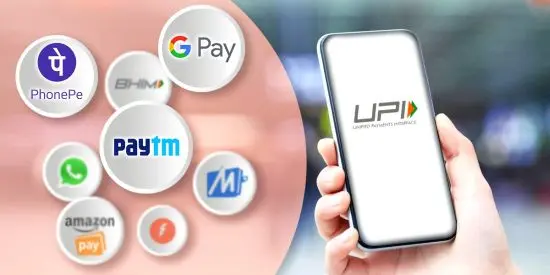In a span of less than a decade, India has undergone a remarkable transformation in how it handles money, led by a silent yet powerful revolution the Unified Payments Interface (UPI). Introduced in 2016 by the National Payments Corporation of India (NPCI), UPI has redefined the nation’s financial behavior, gradually pushing cash out of daily transactions and ushering in a new era of digital convenience.
According to the Reserve Bank of India’s (RBI) latest data, UPI transactions surpassed a staggering ₹150 trillion in 2024—an exponential leap from previous years. This growth highlights not only the scale of adoption but also the trust that millions of Indians now place in digital payment systems. From street vendors in small towns to high-end retail stores in metro cities, UPI is now an everyday fixture.
Once seen as a simple peer-to-peer money transfer platform, UPI has evolved into a multifaceted tool that powers bill payments, mobile recharges, ticket bookings, and access to government services all from the palm of a hand. Its seamless integration across platforms and banks, along with the ease of just scanning a QR code, has made it a preferred choice across demographics.
This digital leap has had a tangible impact: the reliance on cash is diminishing. Over the last three years, cash transactions have dropped by over 30% as a share of overall payments, according to the Ministry of Finance. In metropolitan cities such as Bengaluru, Delhi, and Mumbai, nearly 70% of transactions are now digital with UPI dominating the landscape.
The rise of UPI is attributed to several factors: real-time transactions, enhanced security features, user-friendly interfaces, and increased internet penetration. Government initiatives like Digital India, and the introduction of applications like the Bharat Interface for Money (BHIM), have further boosted adoption.
This evolution is not unique to India. Globally, digital payment ecosystems are expanding rapidly, driven by innovations in technology, increasing smartphone usage, and the demand for contactless transactions. International platforms like Apple Pay, Google Pay, and PayPal have all seen surges in usage, echoing the digital momentum sparked by India’s UPI.
The COVID-19 pandemic played a catalytic role, pushing consumers and businesses alike to adopt digital modes for safer and more efficient transactions. The result is a world increasingly leaning toward cashless commerce fast, secure, and inclusive.
What began as a convenience has now become a pillar of India’s financial architecture. UPI has emerged as more than just a payment platform it represents a model for digital empowerment and financial inclusion. As India continues to innovate and expand its digital capabilities, it stands at the forefront of a global shift toward a less cash-dependent future. The quiet revolution, it seems, has only just begun.


